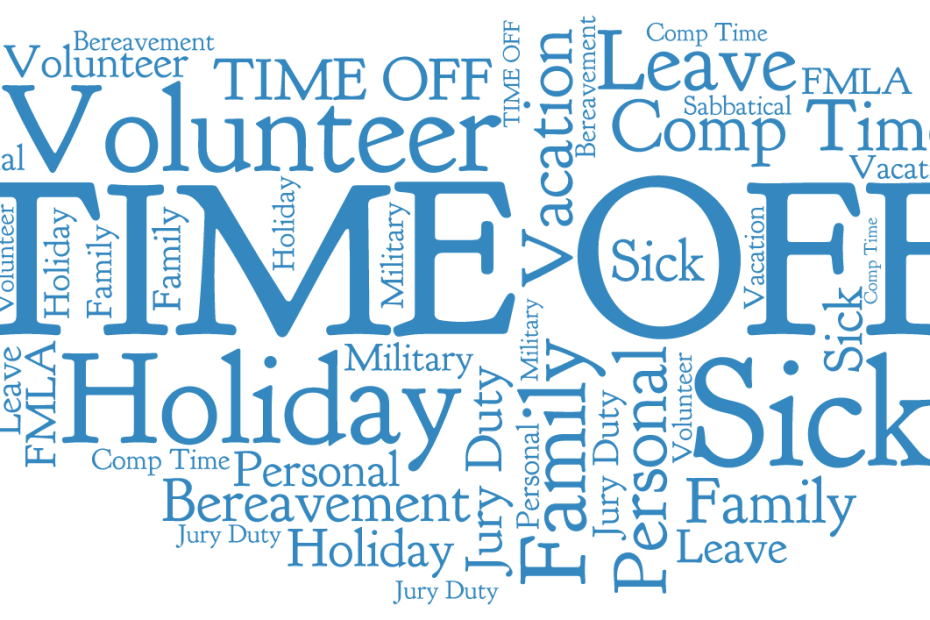Most countries worldwide offer different categories of employees a specific number of days of paid leave per year. In addition, employees may or may not receive days off for public holidays depending on the policies of the country and the company.
For statutory paid leave and public holidays, Austria offers 38 days per year, with Spain and France close behind at 36. Canada has leave set by the province or territory, but most full-time employees have between 16 and 32 statutory paid vacation days and holidays per year.
In the United States, there is no statutory paid leave or public holidays at either a state or federal level. However, the US Bureau of Labor Statistics reports that 77% of employers provide at least 10 vacation days per year and about 8 paid holidays, with the number of days increasing based on years of working with the company.
Taking Your Time Off
It is not uncommon for individuals to bank their time off instead of taking time off from work. Unfortunately, not taking time away from work on a regular basis can result in significant mental and physical health risks and concerns.
A few of the benefits of using your vacation time and paid leave throughout the year include:
- Burnout prevention – burnout can occur in any profession and with people at all levels. Taking time away from work helps to prevent burnout and reduce stress, which is a factor in mental health and well-being.
- Mental clarity – giving the brain a break for the day-to-day challenges of work and stress allows the brain to release the pressure to perform and get the job done.
- Improved sleep – people who are stressed often have challenges in getting to sleep and staying asleep. Lack of sleep causes an imbalance in brain chemicals (neurotransmitters) that can lead to anxiety, increased feelings of frustration and anger, and difficulties in decision-making. Taking time away from work and decompressing allows us to get a better quality of sleep and balance and rejuvenate our brains and our bodies.
- Increased focus and creativity – taking time away from work and doing something we enjoy stimulates our mind, allowing us to be more creative and focused. This effect occurs not only during our time off but also when we return to work.
- Better physical health – reducing stress, getting more sleep, and doing things we enjoy impacts our physical health as well as our mental well-being. People who take regular vacations and time away from work have a reduced risk of heart attack and coronary heart disease.
Time off work more frequently rather than one long vacation once a year is something to consider. This is particularly important in high-stress and highly productive jobs where burnout is a serious consideration.

